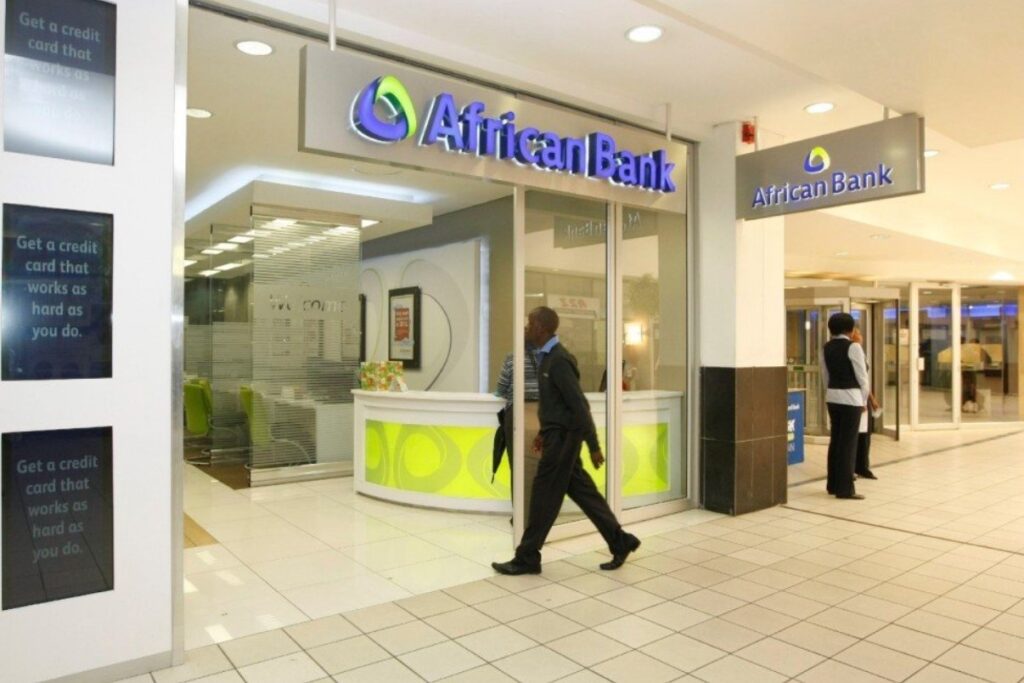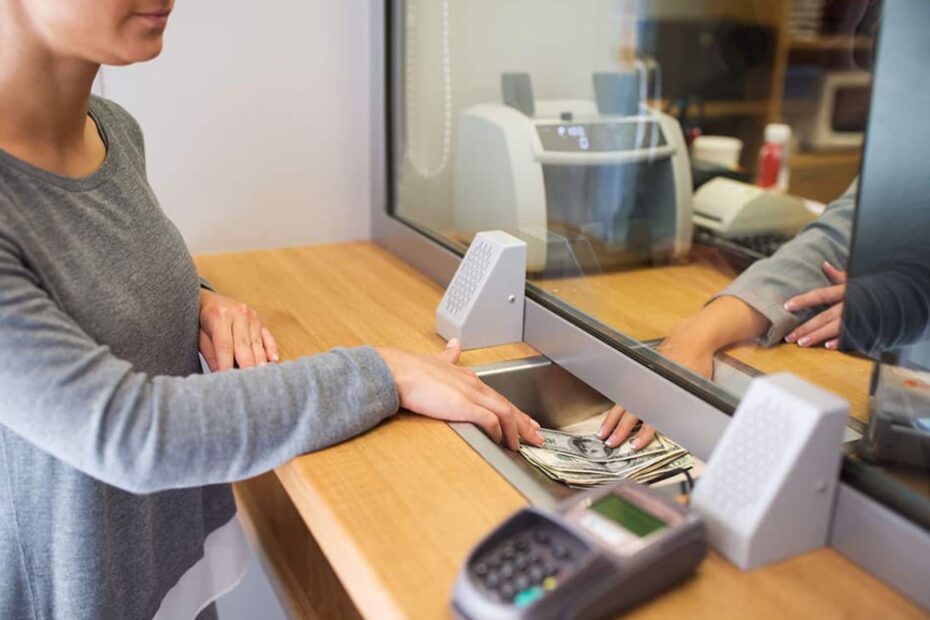When I first pondered, “Can I Open A Bank Account In The Dominican Republic Online?“, it felt like a complex task. As someone who went through the process, this article aims to simplify and explain how you can navigate this journey. Now, let’s explore Tailoring Banking Services for Expatriates in the Dominican Republic to better understand how the system accommodates those from different countries.
Key Takeaways
- Foreigners can open bank accounts: Both residents and non-residents can open bank accounts in the Dominican Republic.
- The in-person visit usually required: Most banks in the Dominican Republic necessitate visiting a branch in person to open an account. Some banks might offer remote account opening services for non-residents.
- Required documents: Identification (passport), proof of income, and sometimes a banking reference letter are needed.
- Popular banks: Banco Popular, Banco Leon, Banco Reservas, and Scotiabank are among the top choices.
- Account types and currencies: You can choose from current, savings, or a combination of different currency accounts.
- Fees and withdrawal limits: Vary by bank and account type, with daily withdrawal limits and possible charges for international transfers or ATM use.
Can I Open A Bank Account In The Dominican Republic Online?
Yes, but it mostly depends on the bank. Many banks in the Dominican Republic need you to visit a branch in person. Some banks might let you open an account online, especially if you’re not living in the Dominican Republic yet. It’s a good idea to ask the bank if they can do this for you.

Opening an Account: Process and Requirements
What You Need to Know?
Opening a bank account in the Dominican Republic is a viable option for both residents and non-residents. While many banks favor an in-person approach, some offer online options for non-residents. The process is straightforward, with local banks accustomed to catering to foreigners.
Required Documentation
Key documents include a valid ID, typically your passport, and proof of income. A reference letter from your current bank can bolster your application. Specific requirements might vary between banks, so it’s advisable to check in advance.
Popular Banking Institutions
Banks like Banco Popular, Banco Leon, Banco Reservas, and Scotiabank are among the top choices for opening an account in the Dominican Republic. Each bank offers unique features and services, so considering your financial needs is crucial.
The Process of Opening an Account

How to Start?
Begin by visiting a local branch and discussing your financial needs with the branch manager. You will be guided through the account options, helping you choose the most suitable one.
Application and Approval
Upon deciding to open an account, complete the application form and submit the necessary documents. The approval process will then commence, culminating in the issuance of account details, a checkbook, and a debit card.
Understanding Fees and Services
Interest Rates and Fees
Interest rates and fees depend on the type of account. Savings accounts typically have a 4-7% interest rate, while loans and mortgages hover around 14-18%. Additional fees may apply for international transfers or ATM withdrawals.
Withdrawal Limits and ATM Usage
Daily withdrawal limits range from 10,000-30,000 DOP (approximately 140-430 GBP). While ATMs are widespread, it’s recommended to use those within bank branches to minimize the risk of fraud.
Choosing the Right Bank and Account Type
Selecting the appropriate bank and account type is crucial for a seamless banking experience in the Dominican Republic. While several banks are available, Banco Popular is highly recommended for its comprehensive services. Depending on your needs, you can opt for either a savings or checking account. The choice of currency is also important, with options like US dollars or Dominican Peso accounts available.
Convenience and Accessibility
For ease of access and management of your finances, consider the location of bank branches and ATMs. Most banks in the Dominican Republic provide a range of services including account management, loans, and investment options. Ensure that the bank you choose aligns with your financial goals and lifestyle needs.
Tailoring Banking Services for Expatriates in the Dominican Republic

Specialized Banking Services for Expats
Expatriates in the Dominican Republic have access to specialized banking services designed to meet their unique needs. Banks offer a variety of accounts including multi-currency accounts, offshore accounts, and those with higher withdrawal limits.
These services cater to the diverse financial requirements of expats, enabling efficient management of their finances in multiple currencies and jurisdictions. Additionally, some banks provide value-added services such as language translation and tax advisory, enhancing the overall banking experience for expatriates.
Considerations for Fee Structures
One important aspect for expats to consider is the fee structure of various banks. The Dominican Republic’s banking sector may impose higher fees for certain services, making it essential for expatriates to diligently compare the fees charged by different banks. This comparison helps in identifying the most cost-effective banking solutions, ensuring that expats can manage their finances without incurring excessive charges.
ATM Safety and Security
The use of ATMs requires caution, especially for expats unfamiliar with the local environment. It is advisable to use ATMs located within bank premises or in well-lit, secure areas to mitigate the risk of theft or robbery. This precaution not only ensures the safety of the individuals but also the security of their financial transactions.
Managing Currency Fluctuations
Expatriates should also be aware of the potential impact of currency fluctuations on their finances. Opting for multi-currency accounts can be a strategic move to minimize the risks associated with exchange rate variations.
These accounts allow expats to hold, manage, and transact in different currencies, providing a hedge against currency volatility and reducing the costs associated with currency conversion.
The Emergence of Digital Banking in the Dominican Republic
Introduction of Neobanking
The Dominican Republic’s banking sector is embracing the digital revolution with the introduction of neobanks. Qik Banco Digital Dominicano S.A, a subsidiary of Grupo Popular, represents the forefront of this transformation, offering 100% digital financial intermediation services.

Neobanks operate primarily through mobile applications, eliminating the need for physical branch visits and providing a more convenient and efficient banking experience. This innovation significantly benefits customers through cost-effective services and a more user-friendly interface.
Advantages of Digital Banking
Digital banking through neobanks like Qik offers several advantages. These banks typically have a lighter operating structure compared to traditional banks, allowing them to offer more benefits to their customers. The focus on digital customer service within the app ensures a more responsive and personalized experience.
Additionally, advanced security solutions are employed to protect users’ data and financial assets, addressing one of the key concerns of online banking users. The shift towards digital banking in the Dominican Republic signifies a major step towards modernizing the financial sector and making banking services more accessible to a broader population.
Conclusion
Opening a bank account in the Dominican Republic is a seamless process, catering to both residents and non-residents. While most banks require an in-person visit, some may offer online account openings for non-residents.
The key is to be well-prepared with the necessary documents and understand the specific requirements and fees associated with your chosen bank and account type. This ensures a smooth and efficient banking experience in the Dominican Republic.
Frequently Asked Questions (FAQs)
Can Foreigners Open Bank Accounts in the Dominican Republic?
Yes, foreigners are allowed to open bank accounts in the Dominican Republic. The process is quite straightforward, requiring necessary identification and documentation. It’s important to note that while some banks may necessitate an in-person visit, others might provide options for remote account opening, especially for non-residents.
Is Remote Account Opening Possible?
While most Dominican banks prefer customers to open accounts in person, some offer remote account opening services for non-residents. This is especially useful for individuals who are not yet in the country but wish to set up their banking arrangements in advance. It’s advisable to inquire about this possibility with the chosen bank.
What Are the Minimum Deposit Requirements?
The minimum deposit required to open a bank account in the Dominican Republic varies by bank and account type. This amount can range from a few hundred to several thousand Dominican pesos, so it’s recommended to check with the bank for specific requirements.
Can I Open a Bank Account Without a Local Address?
It’s possible to open a bank account in the Dominican Republic even without a local address. In such cases, you will need to provide proof of your current address from your home country. This flexibility facilitates banking for expatriates and foreign investors.
Are There Fees for Opening a Bank Account?
Some banks might charge a nominal fee for opening a bank account. This, along with other possible charges like account maintenance or transaction fees, should be clarified with the bank beforehand. Understanding these fees is essential for effective financial planning.
A multifaceted professional, Muhammad Daim seamlessly blends his expertise as an accountant at a local agency with his prowess in digital marketing. With a keen eye for financial details and a modern approach to online strategies, Daim offers invaluable financial advice rooted in years of experience. His unique combination of skills positions him at the intersection of traditional finance and the evolving digital landscape, making him a sought-after expert in both domains. Whether it’s navigating the intricacies of financial statements or crafting impactful digital marketing campaigns, Daim’s holistic approach ensures that his clients receive comprehensive solutions tailored to their needs.









